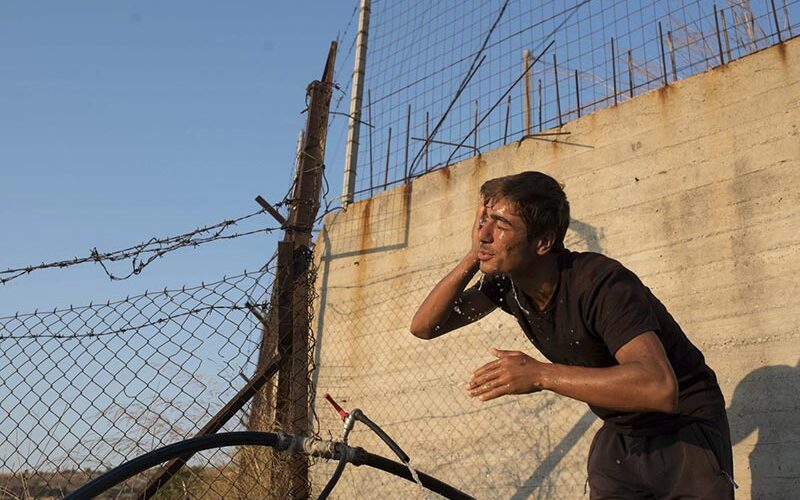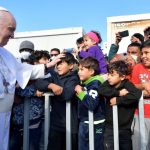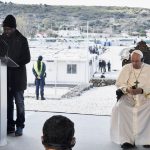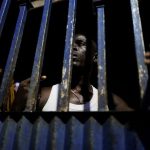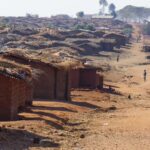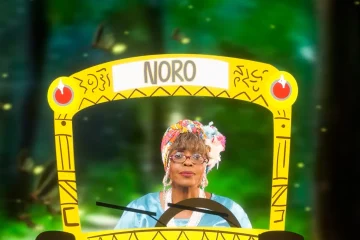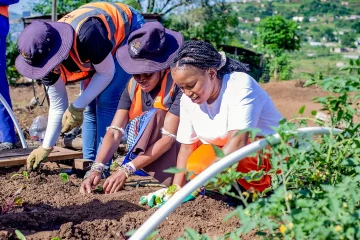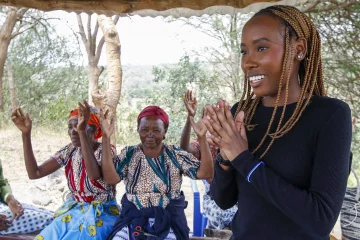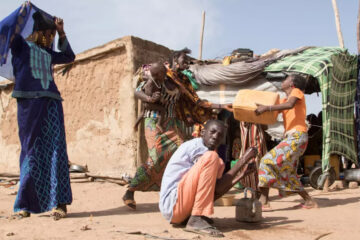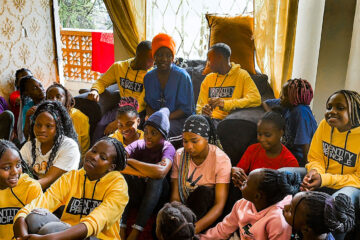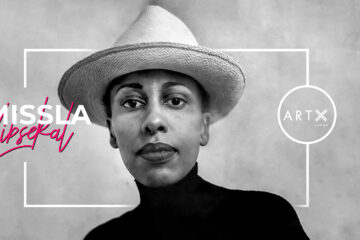VINCENT HAIGES
AFTER a fire broke out in the largest refugee camp in Europe, migrants slept on the street before being rounded up into a rebuilt camp, which lacks food, water and health services.
On 8 September 2020, Moria Camp, the biggest refugee camp in Europe and a symbol of the continent’s inhumane policy towards migrants, burst into flames.
When the fires broke out, people left in a panic, grabbing their children and leaving behind their few possessions. Many settled on a one-and-a-half kilometre stretch of coastal road, close to Mytilene, the small capital of Lesbos. Migrants slept on the pavement and used trees and foliage to erect makeshift shelters to protect themselves from the sun. It seemed unthinkable, but life had just become even worse than in Moria.
There was limited access to food, water, sanitation or healthcare. Greek police erected checkpoints at both ends of the road, keeping people in.
Hopes that they would be transferred to the mainland were shattered when information came to light that a new camp was being built. Many were afraid it would simply be a continuation of the situation they faced in Moria and refused to leave the stretch of road. For over a week, daily protests were held, calling for their freedom. These were met by Greek security forces, who used teargas and stun grenades on the protesters.
But the will to resist was quashed as it became known that unless they moved to the new camp, their asylum applications would not be processed. In the new camp, a policy of deprivation continues, with limited access to food, water and healthcare and no proper sanitation facilities. People who have tested positive for Covid-19 are in a separated area but get no special treatment. The experience of the fire, living on the street and now the uncertainty of the new camp, puts a heavy burden on the already strained mental health of many in the camp.
“The world found nothing sacred in the abstract nakedness of being human,” Hannah Arendt wrote in The Origins of Totalitarianism, a useful book when thinking about the human rights violations playing out in Europe. It considers Arendt’s experience of being a stateless refugee for nine years after leaving Nazi Germany. The core ideas that undergird the notion of human rights, including providing relief when people are reduced to their blank existence, were nowhere in sight for Arendt. It seemed you needed to be a citizen, not a person, to have rights.
People on Europe’s borders ask for access to rights without much more to offer than being human. Europe responds with camps, teargas and the deprivation of exactly those rights for which it claims to be a bastion.
After 2015 and the subsequent rise of far-right parties in Europe, the political discussion mostly centres around integration. While this is a debate on its own, it cannot outweigh the need for a dignified policy towards those who arrive on Europe’s shores. As long as the European Union continues to militarise its borders, as it is now doing again in Lesbos, it proves that it finds nothing sacred in the human – and so it cannot claim to be a homeland for human rights.












